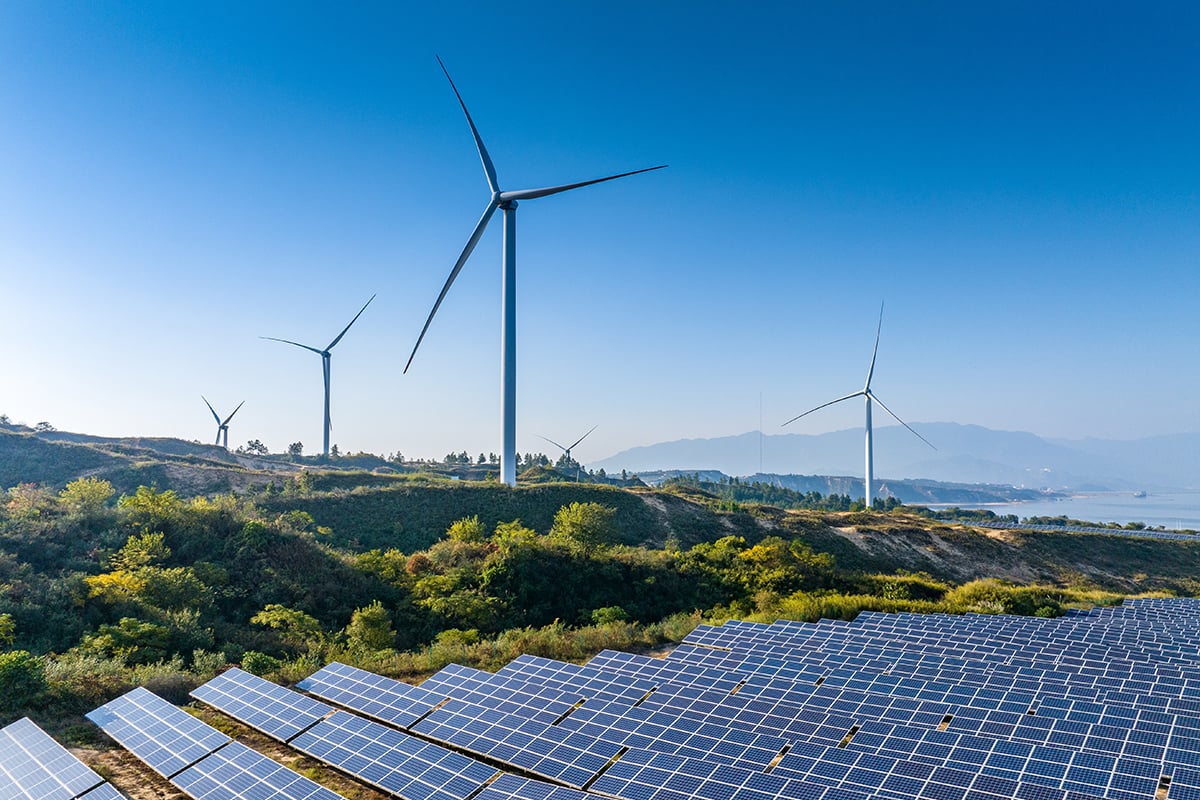In the arid and rugged landscape of Brazil’s Northeast, where agriculture struggles to thrive, wind energy has emerged as a valuable resource. Energy companies have harnessed the region’s strong winds, bringing both benefits and challenges to the local communities.
Contrasting Fortunes of Two Communities
Cousins Nilson José dos Santos and Geremias da Cruz dos Anjos grew up in adjacent rural communities and have experienced the wind power boom in vastly different ways. Dos Santos’ community, Sumidouro, is a formally recognized quilombo, a settlement of Afro-Brazilian descendants of runaway slaves. This status allowed Sumidouro to negotiate effectively with energy companies, securing numerous benefits.
Sumidouro successfully ensured that wind turbines were kept at a safe distance, with the nearest turbine a mile away from the last house. The community also gained access to a water system, providing all 48 families with running water. Additionally, they received a sports court, a cultural and community center, and a storage shed for farm equipment. By allowing transmission lines through their land, Sumidouro obtained funding for research into goat and bee breeding, suitable for the semi-arid climate.
Lagoa’s Struggles
In contrast, dos Anjos’ community, Lagoa, another Afro-descendant quilombo, lacks formal recognition and did not receive similar benefits from the wind energy company. The 22 families in Lagoa were left with the noise from turbines located just 612 yards away from their homes.
Lagoa’s residents depend on trucked-in water, costing dos Anjos’ family about $120 monthly during the dry season, their largest expense. The community’s requests for paved roads have gone unanswered, leading to increased truck traffic and heavy indoor dust. Additionally, cracks have appeared in dos Anjos’ clay block home, which he attributes to the nearby turbines.
Impact of Recognition and Protection
The stark differences between Sumidouro and Lagoa highlight the importance of formal recognition. Only 13% of Brazil’s quilombos have official recognition, a process that can take over two decades. This sluggish pace contrasts sharply with the rapid licensing and construction of wind farms, leaving many communities without the protections and benefits enjoyed by recognized quilombos.
Enel Green Power, the Italian company behind the wind farm, stated that their construction adhered to Brazilian law and involved consultations with nearby communities. However, they noted that the wind complex is not in an area designated as ‘protected’ by relevant authorities. This discrepancy in recognition has significantly impacted communities in Brazil’s Northeast, home to nearly 70% of quilombolas.
Rising Opposition Movement
The difficulties faced by communities like Lagoa have spurred a growing resistance movement against wind energy projects. Environmental and social groups, primarily led by women, have come together under the umbrella organization Nordeste Potencia to advocate for improved practices in wind energy development. In January, they published a list of proposed best practices for developers, government agencies, the judiciary, and funding bodies.
In February, a group of women traveled to Brasilia to present their concerns to federal agencies. The following month, thousands of women farmers protested against wind projects in Areial, Paraiba, citing issues such as noise, dust, and restrictions on planting and grazing areas. Research by the Institute for Socioeconomic Studies in Brazil revealed that small farmers receive minimal compensation for leasing their land for wind energy and face a lack of transparency from wind companies about energy production.
Promoting Fair and Equitable Development
The contrasting experiences of Sumidouro and Lagoa underscore the complex reality of wind power expansion in Brazil’s Northeast. While some communities have managed to negotiate benefits, others have been left to deal with the adverse effects. The burgeoning opposition movement highlights the need for inclusive and transparent development practices that address the needs and rights of local communities. As Brazil continues to increase its wind energy capacity, ensuring fair and equitable treatment for all communities will be crucial for sustainable and just development.







